 Bolshoi Theatre of Belarus
Bolshoi Theatre of Belarus
Bolshoi Theatre of Belarus
Bolshoi Theatre of Belarus
 Bolshoi Theatre of Belarus
Bolshoi Theatre of Belarus
Bolshoi Theatre of Belarus
Bolshoi Theatre of Belarus
┬Ā
The opera is based on Sc├©nes de la vie de boh├©me by Henri Murger which features romance and lyrics, humor and tragedy, the atmosphere of the epoch and the life conflicts of artists of that epoch. Giacomo Puccini also went through poverty and the agony of creativity. The world premiere performance of La boh├©me was in Turin in 1896 at the Teatro Regio, conducted by the young Arturo Toscanini. The opera soon has spread beyond Italy. In 1987 its English premiere took place in Manchester, German-in the Kroll Opera House, Austrian-in the Theater an der Wien, American- in Los Angeles.
La boh├©me was staged at the Belarusian Bolshoi twice (in 1986 and 2002). The third production is performed by the PeopleŌĆÖs Artist of Russia, laureate of the USSR State Prize, winner of the Golden Mask National Theatre Award, professor of the Russian Institute of Theatre Arts (GITIS) Alexander Titel.
This is not the first production of this opera by the eminent director; his performance of La Boheme has been performed on the stage of the Stanislavsky and Nemirovich-Danchenko Moscow Music Theatre, where Alexander Titel is artistic director of opera, for years.
The Belarusian production of the master will be dedicated to the people of art, artists, who created at the beginning of the twentieth century. From the aesthetic point of view the early art of modernism underlies the artistic concept of the new performance. ŌĆśThe whole history of modernism, impressionism and post-impressionism,ŌĆÖ the director emphasizes, ŌĆśtells us about people who often worked in poverty or on the border of indigence. Van Gogh, whose works are worth a lot of money today, sold only one painting in life. Amedeo Modigliani could not sell anything in his lifetime. But today their works are kept in the most expensive private collections. And they themselves are the legends.ŌĆÖ
The story of friends: painter Marcello, poet Rodolfo, philosopher Colline, musician Schaunard and also Mimi and Musetta will take place in the 1910-1920s. The main characters are, according to the authors, the artists of the early twentieth century, which are famous today.
The stage designer Yuri Ustinov and costume designer Irina Akimova, following the director's concept, will present minimalistic decorations in Modern style, as well as the so called "kinetic painting" (a technique, when the decoration literary comes in life). The directors believe that each stage setting should be picturesque, so they strive to make the performance as "aesthetically pleasing" as possible, to get away from the everyday details on stage. Instead of a cramped attic, young Paris Bohemia representatives will live in a large room, which they rented in order to arrange an exhibition of their worksŌĆ” The main task of the director and his team is to make a lyrical performance with dynamic plot. There is truth of feelings and images in it.
Musical director: Honoured Artist of Ukraine Viktor Ploskina. Chorus master: PeopleŌĆÖs Artist of Belarus, laureate of the State Prize of the Republic of Belarus Nina Lomanovich. Designer: Yuri Ustinov. Costume designer: Irina Akimova. Lighting designer: Evgeny Vinogradov.
┬Ā
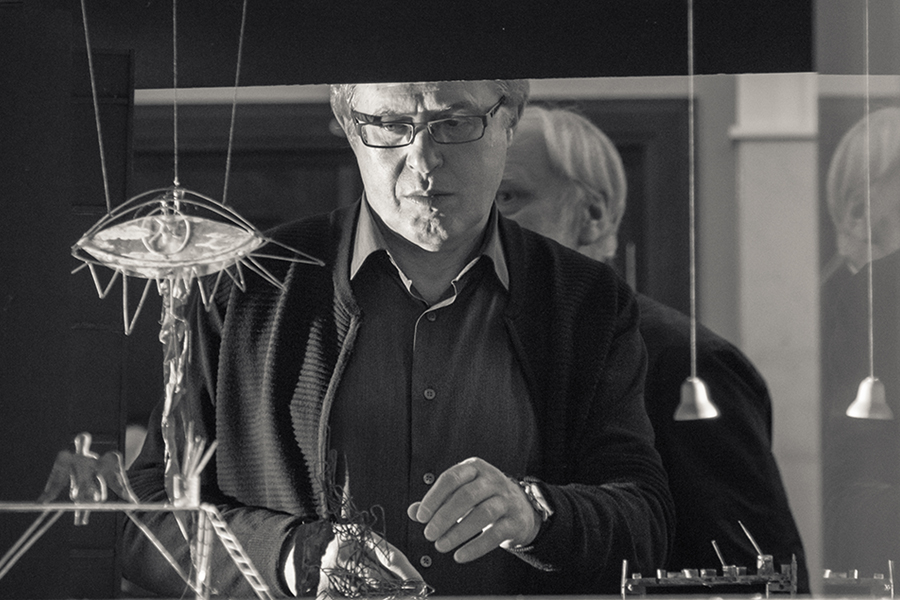
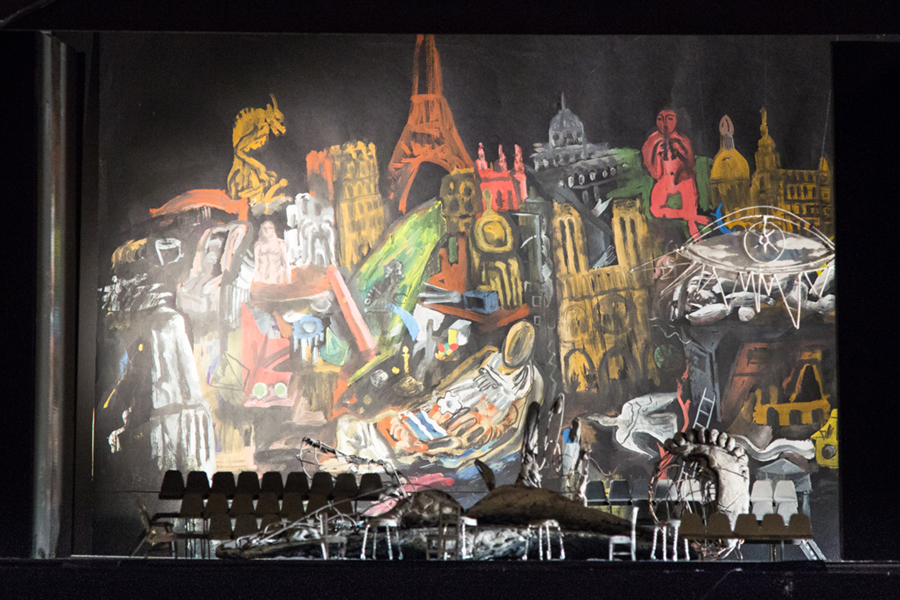
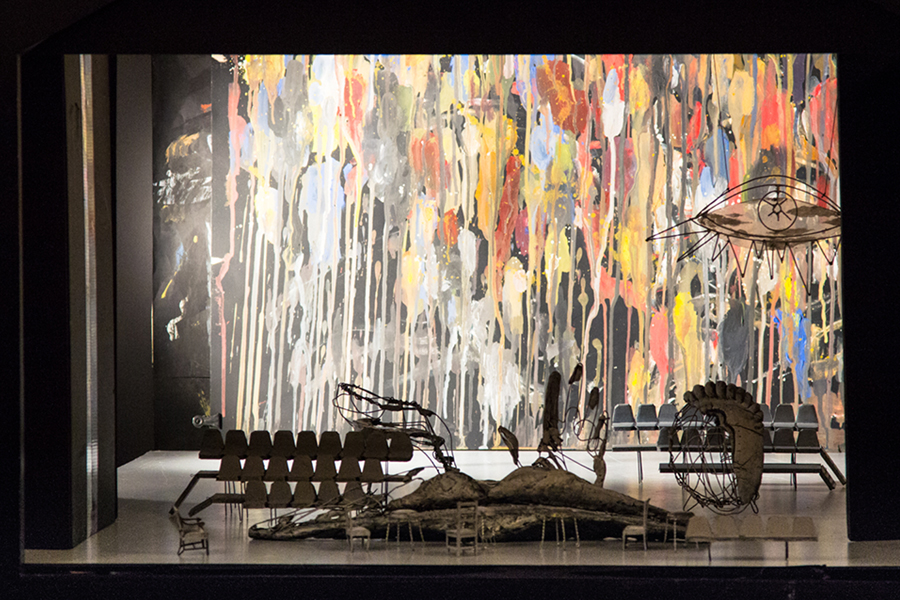
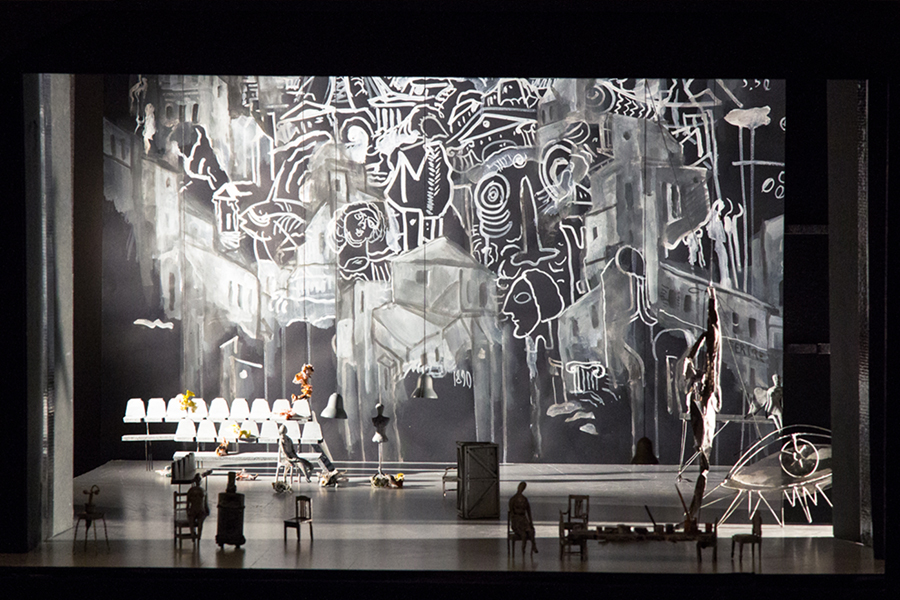
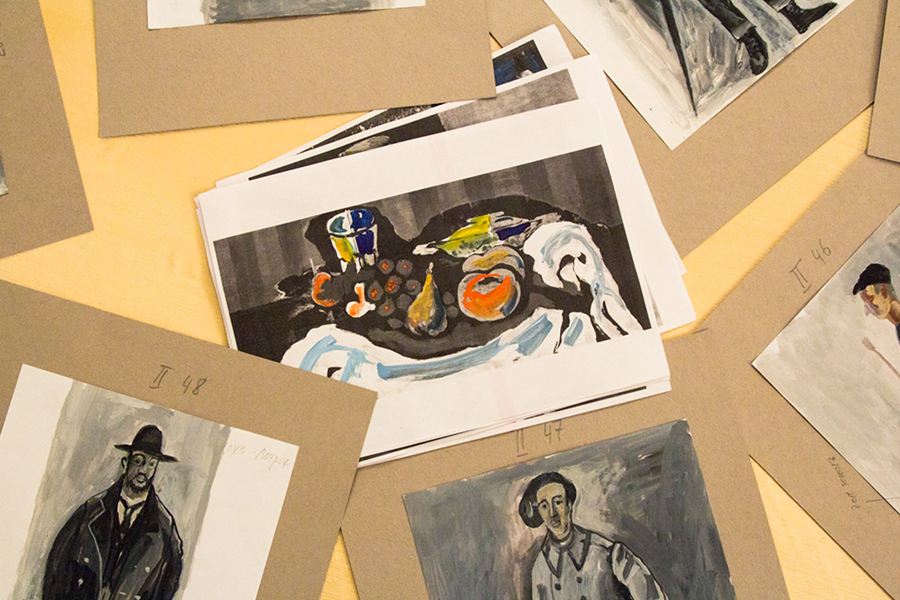
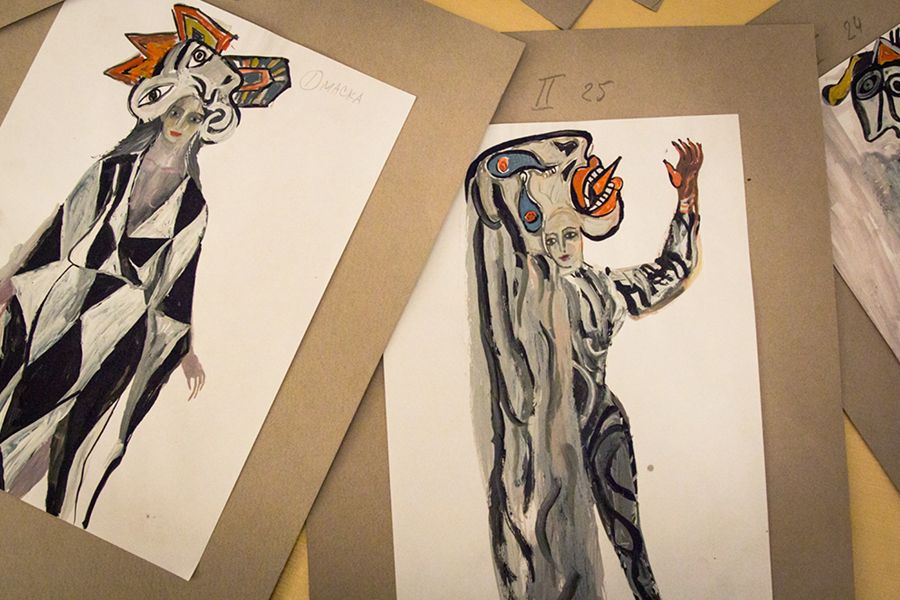
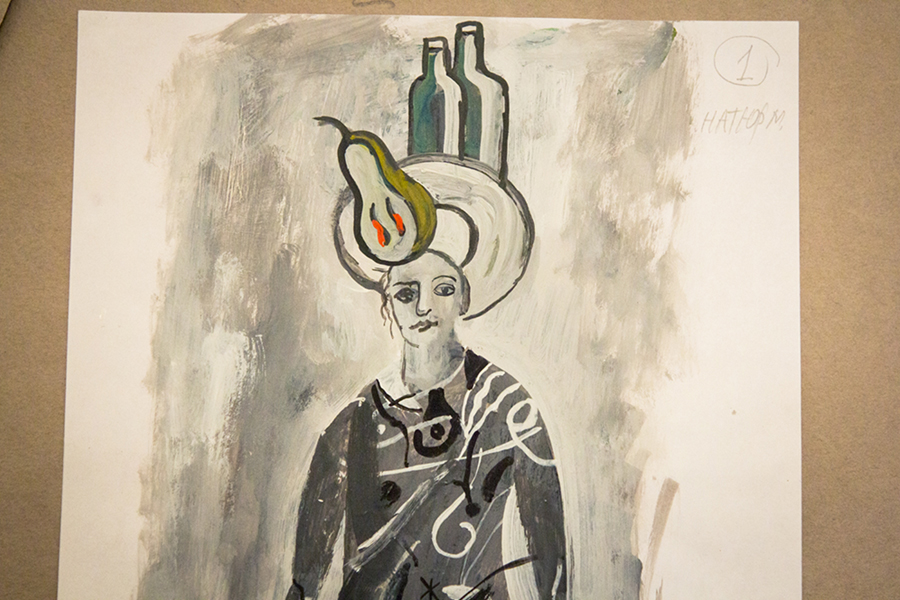
┬Ā